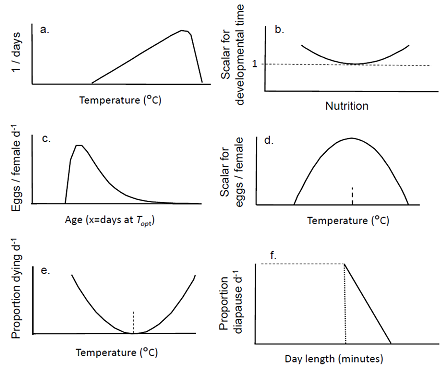International agroecology short course

There is no doubt that humanity needs an alternative agricultural development paradigm, one that encourages more ecologically sound, biodiverse, resilient, sustainable, and socially just forms of agriculture. The basis for such new systems are the myriad of ecologically based agricultural styles developed on hundreds of millions small farms that produce a large share of the food consumed today in the world, mostly without agrochemicals. Agroecology represents this paradigm: a dialogue of wisdoms between traditional agricultural knowledges and modern agricultural sciences that uses ecological concepts and principles for the design and management of sustainable agroecosystems where external inputs are replaced by natural processes. This international Agroecology short course was held from May 2nd to 5th, 2018 at the Center for “Climate Change and Biodiversity in Lakes and Wetlands” located on Polvese Island , Lake Trasimeno, Umbria (Italy), and was designed for scholars, students, farmer...
